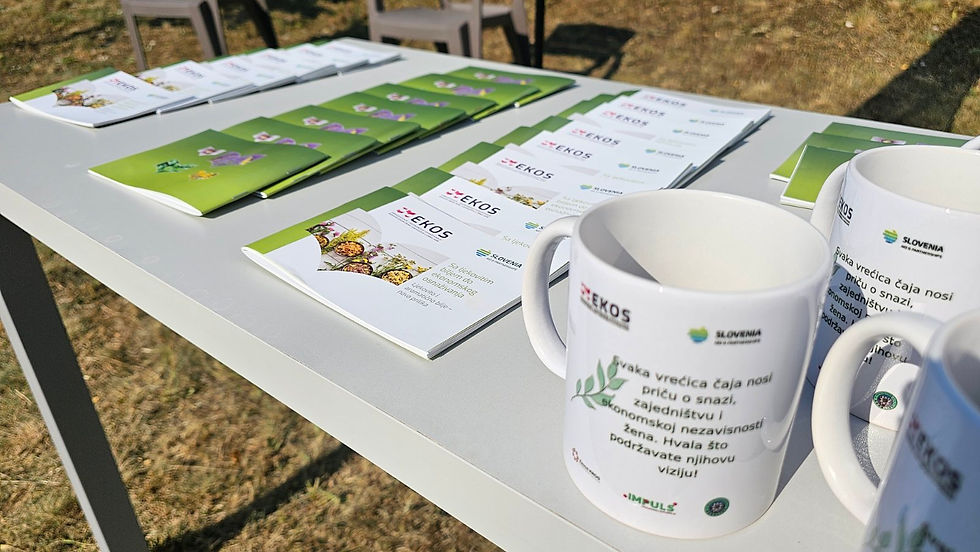Project in Egypt with great impact is coming to an end
- Zavod Krog

- Dec 13, 2023
- 3 min read
Updated: Dec 28, 2023
In Egypt, the last workshops on children's rights within the project "Education and Awareness Raising on Children's Rights" are coming to an end. Since 2021 the project has been educating teachers, children and parents on children's rights. These are often violated in Egypt and therefore, projects contributing to better knowledge and awareness of the importance of children's rights and promoting behavioural change among parents, caregivers and teachers are of paramount importance.

76 educators from schools and organisations participated in the project. Through 4-days long trainings they deepened and broadened their knowledge on children's rights, the Convention of the Rights of the Child and Egyptian legislation in the field of childhood. They enhanced their training skills and learnt how to use various interactive teaching methods and tools to teach children about children's rights. They have delivered workshops for more than 2500 children using the Our Rights manual and methodology. The workshops covered different rights, such as the right to a name and nationality, to life and development, to education, to play and participation. They also discussed with children about the importance of non-discrimination, the rights of refugee children and about the protection from all forms of violence.
According to the teachers, the children were enthusiastic about the workshops, as the interactive exercises gave them the opportunity to actively participate and express their opinions. Teachers stressed that such workshops are particularly important in Egypt because children's rights are not talked about in school, in the family and in society in general. They also expressed the hope that they will be able to continue the workshops in their schools in the future, as this will bring about long-term changes and will strengthen children's awareness of their own rights.

More than 400 parents also participated in the project. They are key to achieving long-term change in respect for children's rights, especially at this time when Egypt is facing a deep economic crisis and many children are forced to leave school to work and earn money, and parents, who are under pressure and stress often use various forms of violence against their children.
Although Egypt is one of the first signatories of the United Nations Convention on the Rights of the Child, and children's rights are enshrined in the Egyptian Constitution and legislation, Egypt is one of the countries where many children are victims of violence, exploitation, abuse and violations of their most basic rights. Many suffer from inadequate family care, there is a widespread use of violence as a socially acceptable disciplinary practice, and some 1.6 million children are involved in child labour.
More than 30 million children attend primary and secondary schools in Egypt. A 2018 World Economic Forum report ranked Egypt's education system 133rd out of 137 countries in terms of quality. Although the Egyptian authorities have promised to increase spending on education, the quality is still low, the infrastructure is poor, and teachers are unmotivated due to the low wages in a country where prices are skyrocketing.

This is also why such projects are particularly important in Egypt - they strengthen the skills and knowledge of teachers who rarely have the opportunity to build their capacities. They contribute to the quality of teaching and bring new topics to their schools that are not covered in the curriculum. They give children the opportunity to actively participate and express their opinions, strengthening their critical thinking, communication and creativity skills.
The project "Education and Awareness Raising on Children's Rights in Egypt", Institute Circle was implemented together with our partner S.O.S. Villages, Egypt, and with the financial support from the Ministry of Foreign and European Affairs of the Republic of Slovenia. The project also involved the Egyptian education authorities in various cities, as well as other governmental and non-governmental organisations.










Comments